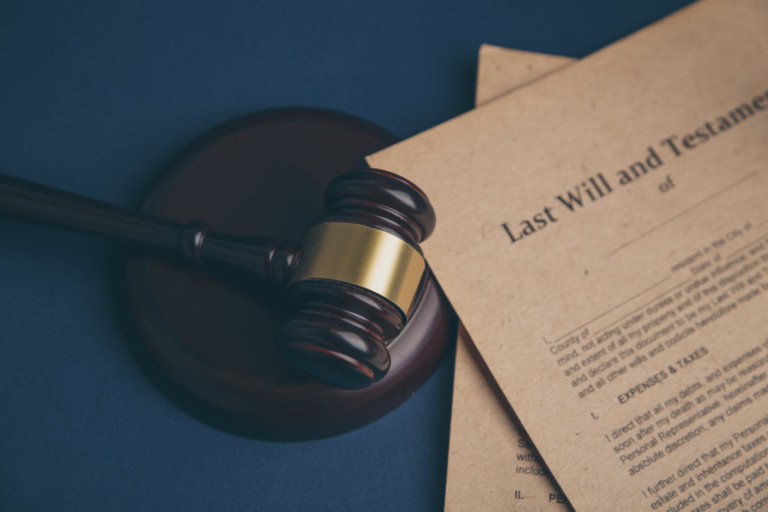Choosing an executor is one of the most important decisions you will make as you create your comprehensive estate plan. The executor’s responsibilities are numerous and must be fulfilled diligently if your estate is to be properly managed. Not everyone is up to the task or even willing to serve as an executor. What are the qualities you should look for as you select an executor? The Estates & Trusts attorneys of SederLaw offer some tips.
The Role of an Executor
Before making your list of potential candidates, consider what the executor is responsible for. A few of the tasks your executor must perform after you pass away include:
- Opening your estate for probate
- Collecting information about your assets and debts
- Verifying which debts are valid and paying them off
- Defending your estate against false claims and fraudulent creditors
- Protecting assets until they can be distributed to your heirs
- Paying estate expenses and fees, including taxes
- Distributing assets to your heirs and closing your estate
These aren’t the only duties of an executor, and problems that emerge during probate may require other steps. Also, every will is different and must be administered according to its terms. For instance, the will may require the appointment of a guardian to protect the interests of a minor child.
Key Qualities in an Executor
With these responsibilities in mind, what should you look for in your executor? Here are a few qualities:
Availability and willingness. Probating and administering an estate can take time even in the best circumstances. In a worst-case scenario, there might be extensive legal battles with heirs, creditors, and other parties. Make sure the person you want to serve as executor has the time to commit to it. Also, ensure the person is willing to be an executor in the first place.
Reliability and responsibility. Quite simply, is your potential executor reliable and responsible? Has he or she been in trouble with the law or had difficulty paying debts? Have civil lawsuits been filed against this person for unpaid bills? You may not know the answers to these questions, but the bottom line is your executor must be dependable.
High ethics. An executor is entrusted with certain fiduciary duties that impose a high standard of ethical expectations. You should expect your executor to be careful in how they treat your most sensitive financial and debt information. You should also choose someone you trust to protect your and your family’s confidentiality and privacy after you pass.
Financial wisdom. If you have complicated assets, such as investments or real estate holdings, it only makes sense that your executor should possess financial savvy. The right executor will know how to manage these assets and protect the value of the estate.
Organizational skills. An executor must be able to organize and keep up with assets and debts throughout the process of probating and administering the estate. There are deadlines that must be met and, sometimes, court hearings that must be attended. A poorly organized individual would not make a good executor.
Fairness. An executor has to treat all heirs with fairness. Often, during probate, a beneficiary will attempt to improperly pressure the executor to do something inappropriate under the terms of the will. Impartiality is a trait found in any responsible executor.
Tenacity. Sometimes, an executor has to be tough. He or she must expect unscrupulous family members, dishonest creditors and estate claimants, and possibly even challenges to the validity of the will. Litigation may arise and your executor has to be prepared to defend the estate’s best interests.
Willing to ask for help. Your executor probably won’t understand everything there is to know about ethically and responsibly managing your estate. But is he or she willing to ask a knowledgeable attorney for help? If so, you’ve likely got an excellent candidate.
SederLaw helps individuals plan their estates and works with executors, trustees, and others responsible for administering them. If you have a question about creating an estate plan or carrying one out, contact our office.
